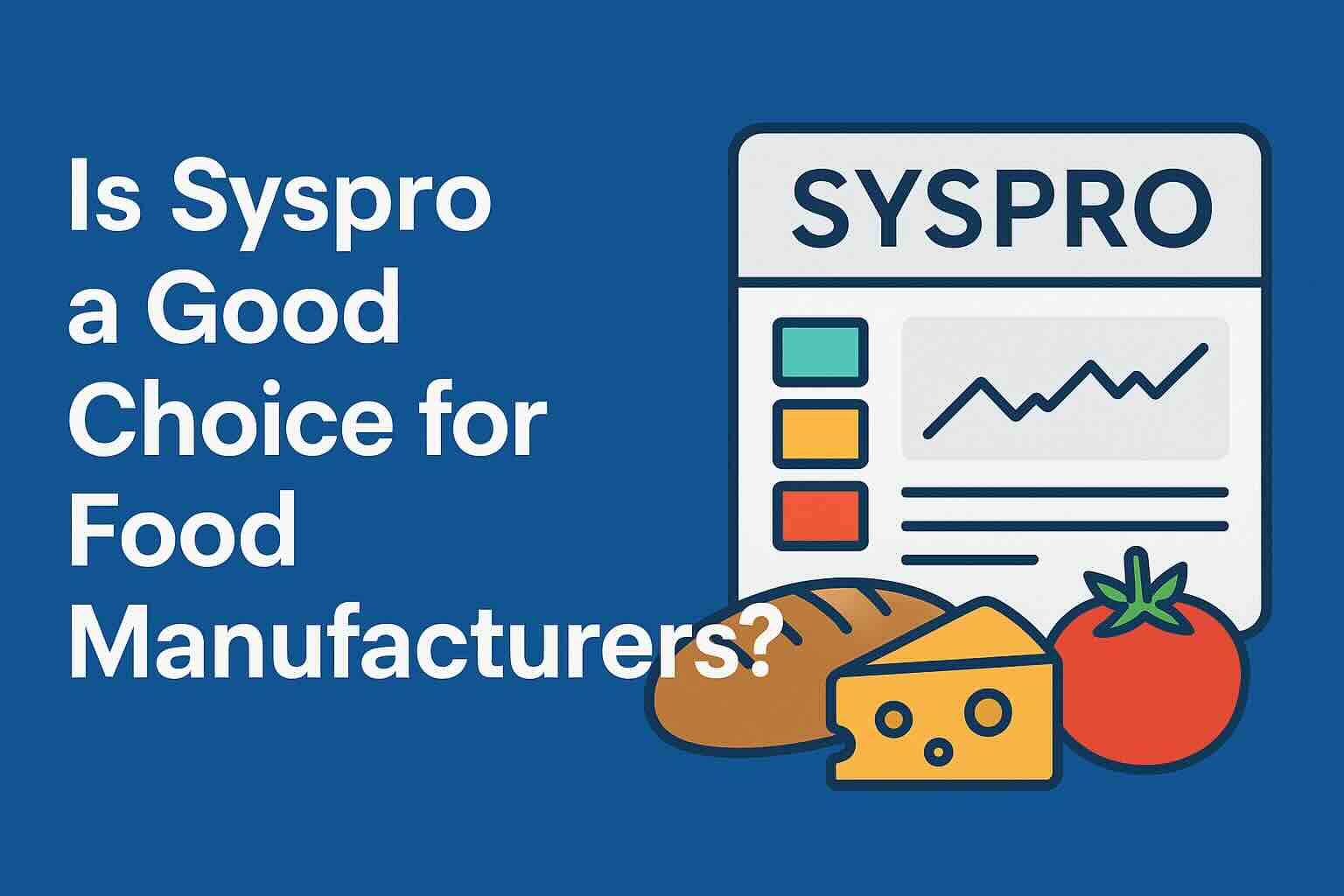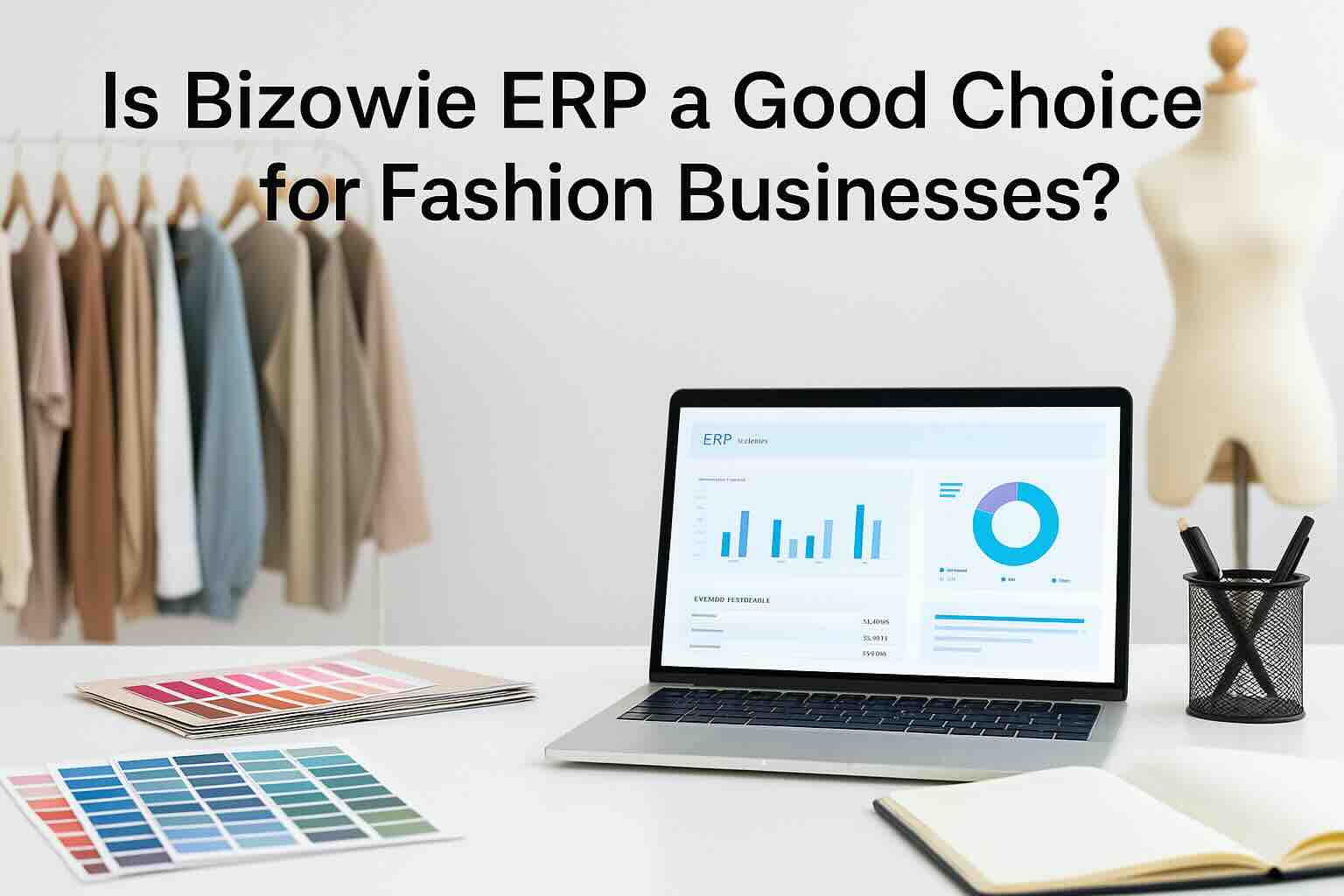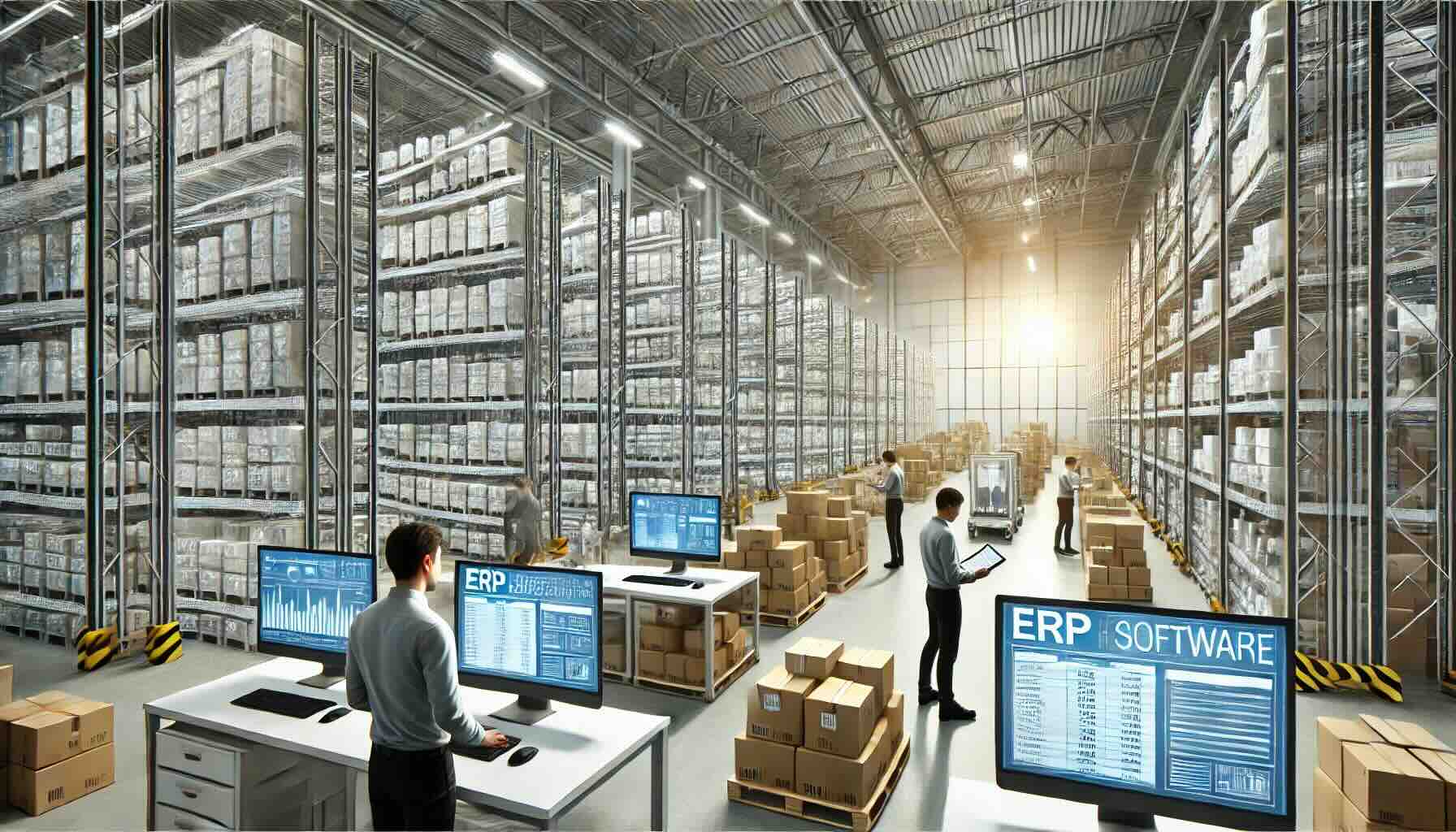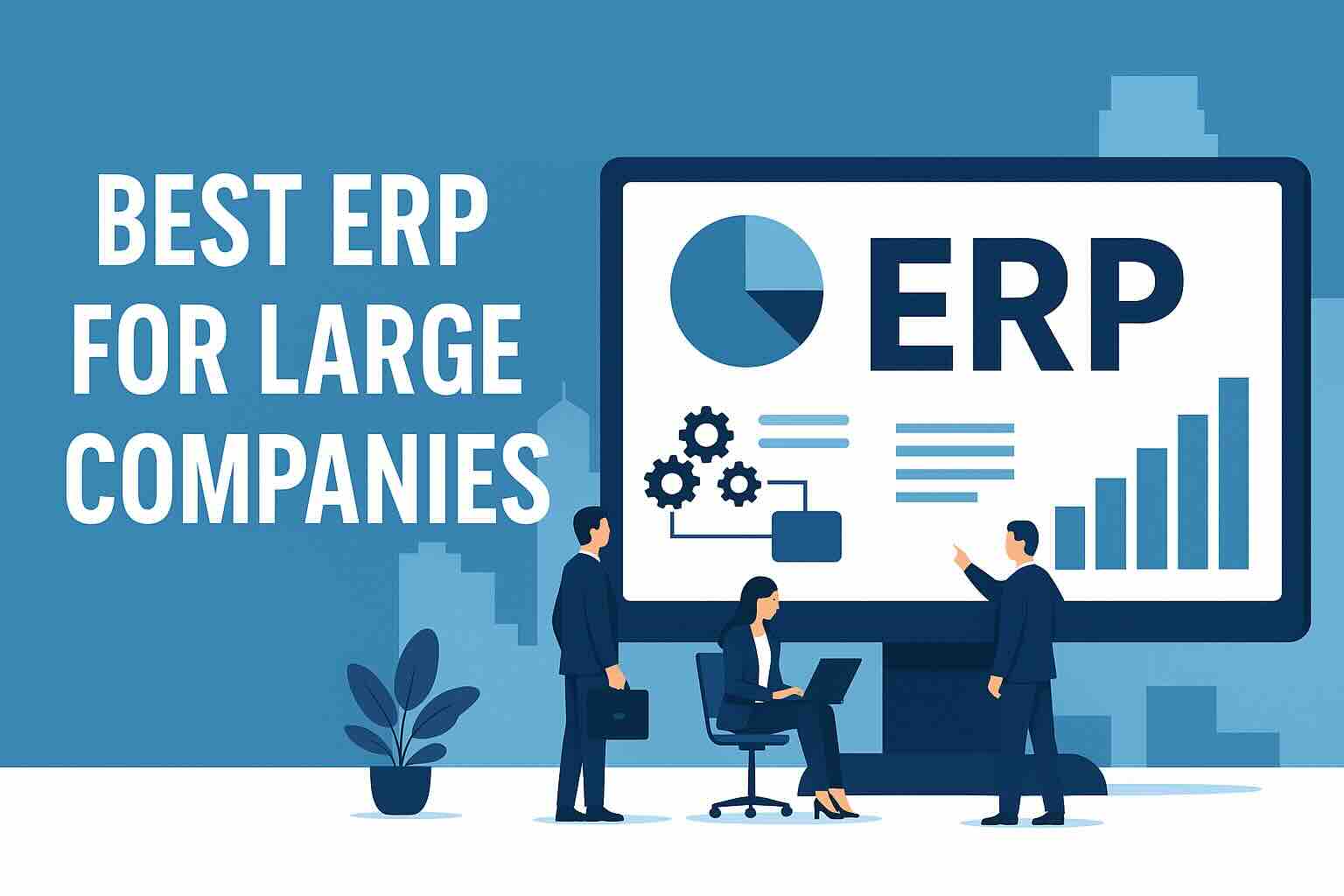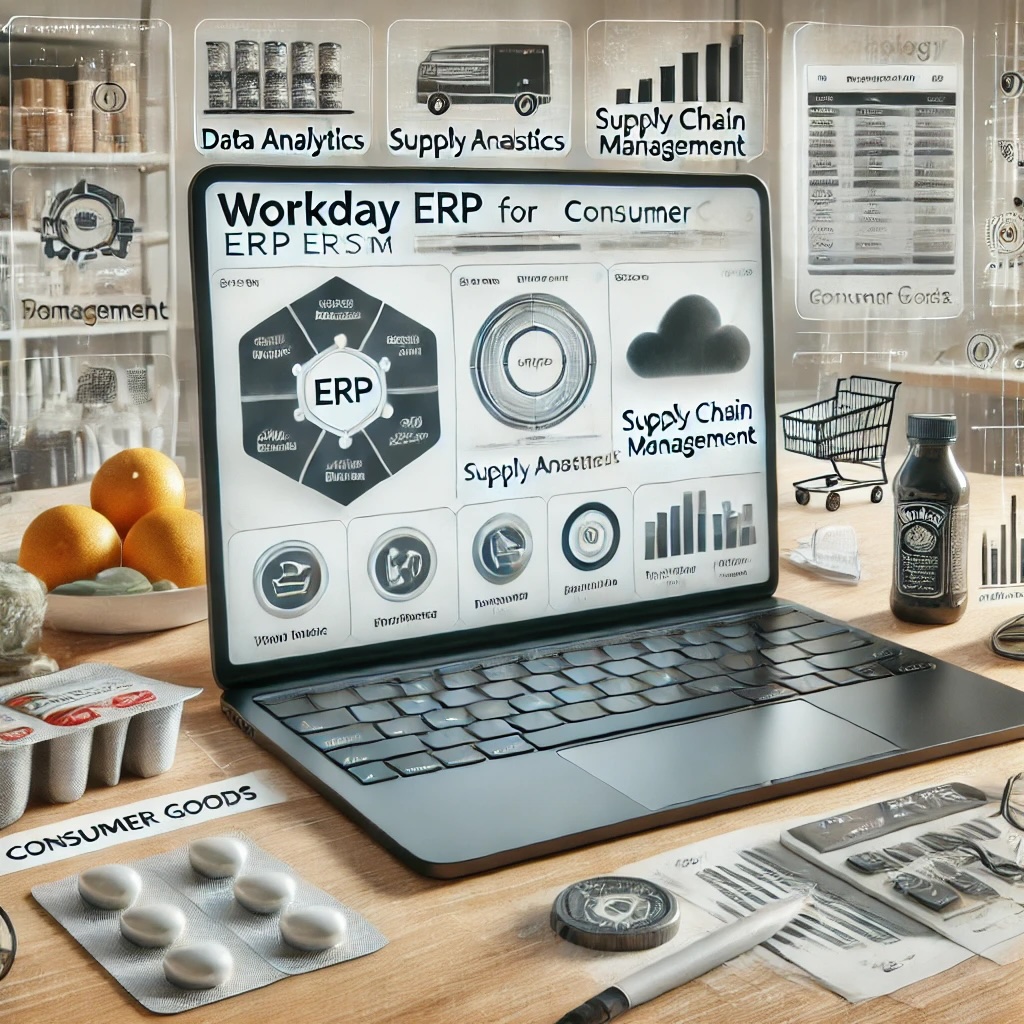On Premise vs Cloud ERP: Which is Right for Your Business?
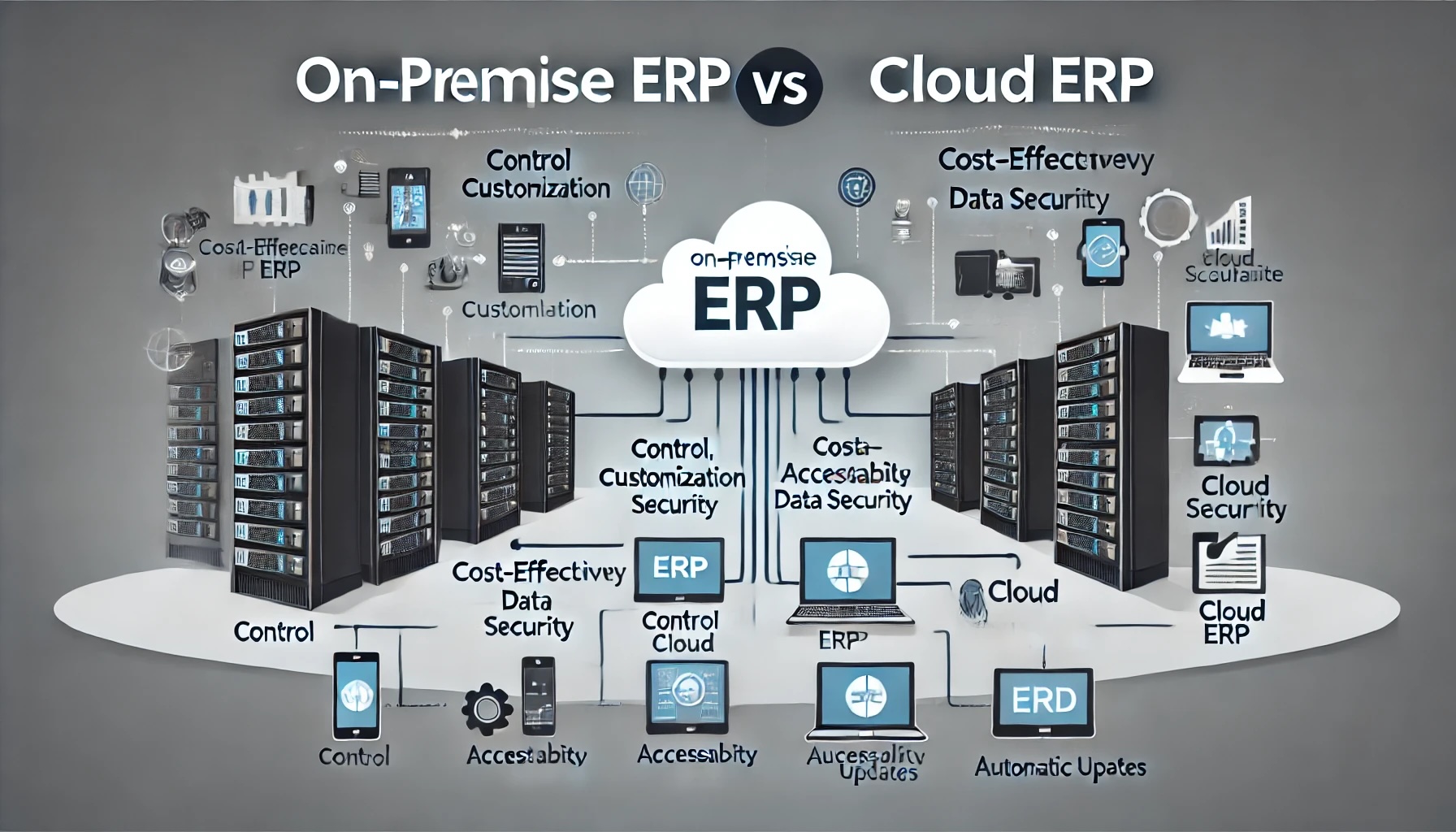
When it comes to choosing an Enterprise Resource Planning (ERP) system for your business, one of the most crucial decisions is whether to go with an on-premise ERP or a cloud-based ERP solution. Both options have their unique advantages and potential drawbacks, and the right choice depends on your specific business needs. In this comprehensive guide, we’ll delve into the differences between on-premise and cloud ERP systems, helping you make an informed decision.
What is On-Premise ERP?
On-premise ERP refers to software that is installed locally on your company’s own servers and hardware. This traditional approach to ERP requires a significant upfront investment in infrastructure and ongoing maintenance.
Advantages of On-Premise ERP
- Control and Customization: Businesses have complete control over their ERP system, allowing for extensive customization to meet specific needs.
- Data Security: With data stored on-site, companies with strict data security requirements may prefer this option.
- Integration: On-premise systems can be more easily integrated with other on-site software applications.
Disadvantages of On-Premise ERP
- High Initial Costs: The upfront cost for hardware, software, and implementation can be substantial.
- Maintenance: Requires dedicated IT staff to manage and maintain the system.
- Scalability: Scaling an on-premise system can be challenging and expensive as business needs grow.
What is Cloud ERP?
Cloud ERP, on the other hand, is hosted on the vendor’s servers and accessed via the internet. This modern approach to ERP offers flexibility and reduces the need for significant upfront investments.
Advantages of Cloud ERP
- Cost-Effective: Lower upfront costs with a subscription-based model, making it accessible for small and medium-sized businesses.
- Accessibility: Access your ERP system from anywhere with an internet connection, promoting remote work and real-time collaboration.
- Scalability: Easily scale your ERP system as your business grows without the need for additional hardware.
- Automatic Updates: Regular updates and improvements are handled by the vendor, reducing the burden on your IT team.
Disadvantages of Cloud ERP
- Data Security Concerns: Storing sensitive data off-site can be a concern for some businesses, although reputable vendors offer robust security measures.
- Limited Customization: While cloud ERP systems offer customization, they may not be as flexible as on-premise solutions.
- Dependence on Internet Connectivity: Reliable internet access is crucial for cloud ERP systems to function effectively.
On Premise vs Cloud ERP: Key Considerations
When deciding between on-premise and cloud ERP, consider the following factors:
Business Size and Budget
- Small to Medium-Sized Businesses (SMBs): Often benefit from the lower upfront costs and scalability of cloud ERP solutions.
- Large Enterprises: May prefer on-premise ERP for greater control and customization, despite the higher initial investment.
Industry Requirements
- Regulated Industries: Companies in highly regulated industries might prefer on-premise ERP to ensure compliance with strict data security and privacy regulations.
- Technology-Savvy Industries: Businesses that require cutting-edge technology and frequent updates may find cloud ERP more advantageous.
IT Resources
- Limited IT Staff: Cloud ERP reduces the burden on IT staff, making it ideal for companies with limited IT resources.
- Robust IT Team: Organizations with a strong IT team might opt for on-premise ERP to leverage their expertise in managing and customizing the system.
Conclusion
The choice between on-premise and cloud ERP is a significant one, with far-reaching implications for your business. By carefully considering your company’s size, budget, industry requirements, and IT resources, you can make an informed decision that aligns with your long-term strategic goals.
Ultimately, both on-premise and cloud ERP systems have their merits, and the best choice depends on your unique business needs. Whether you prioritize control and customization or flexibility and scalability, understanding the key differences between these two options will help you select the ERP solution that drives your business forward.
To compare 100’s of ERP solutions, you can use our new AI-powered Compare ERP tool. It’s free to use and you get a guaranteed discount on your first year’s licence fees with a referral from Compare ERP.
